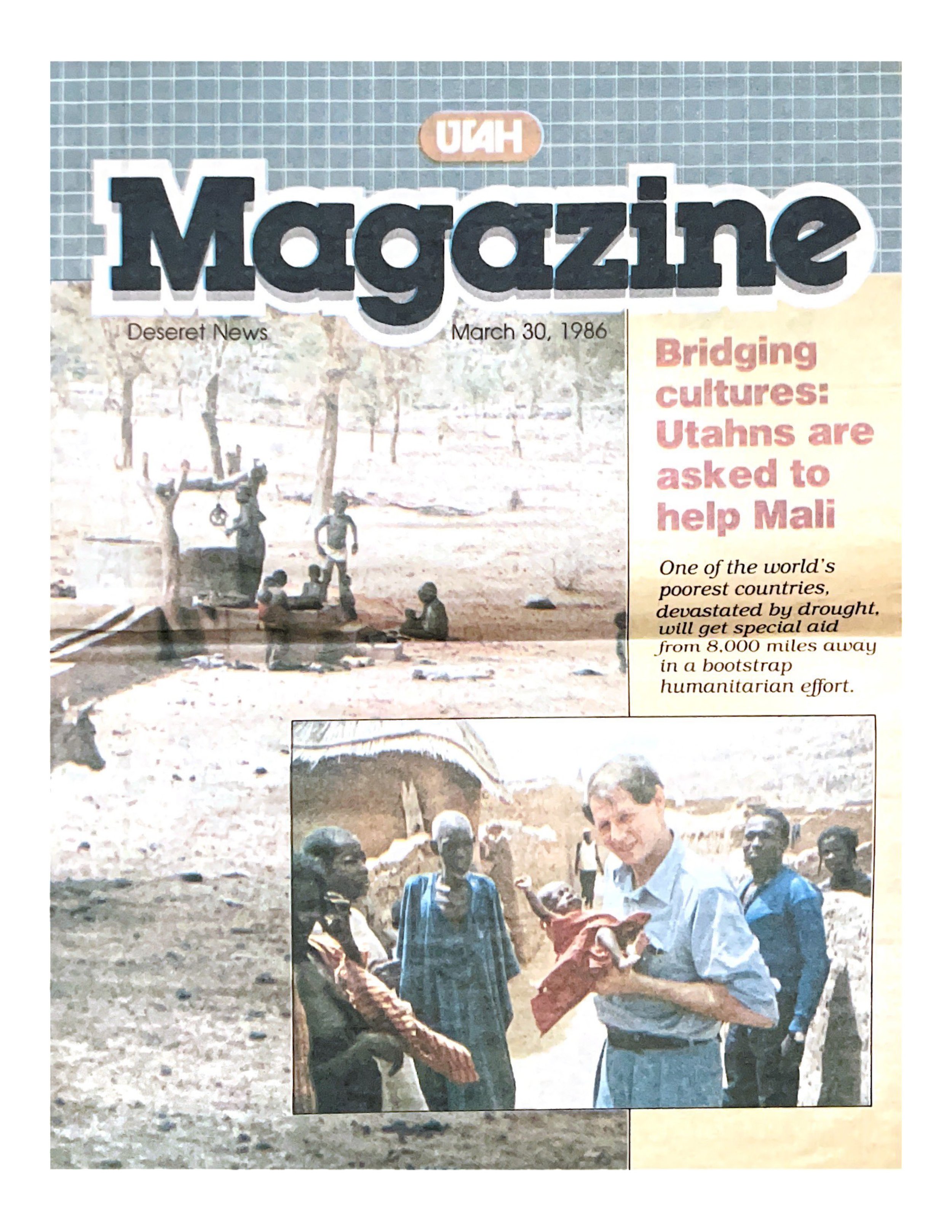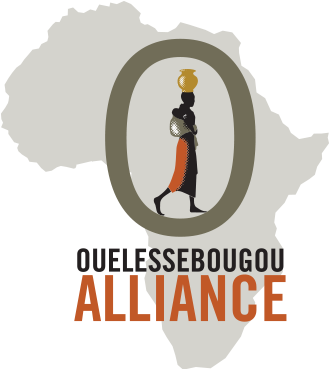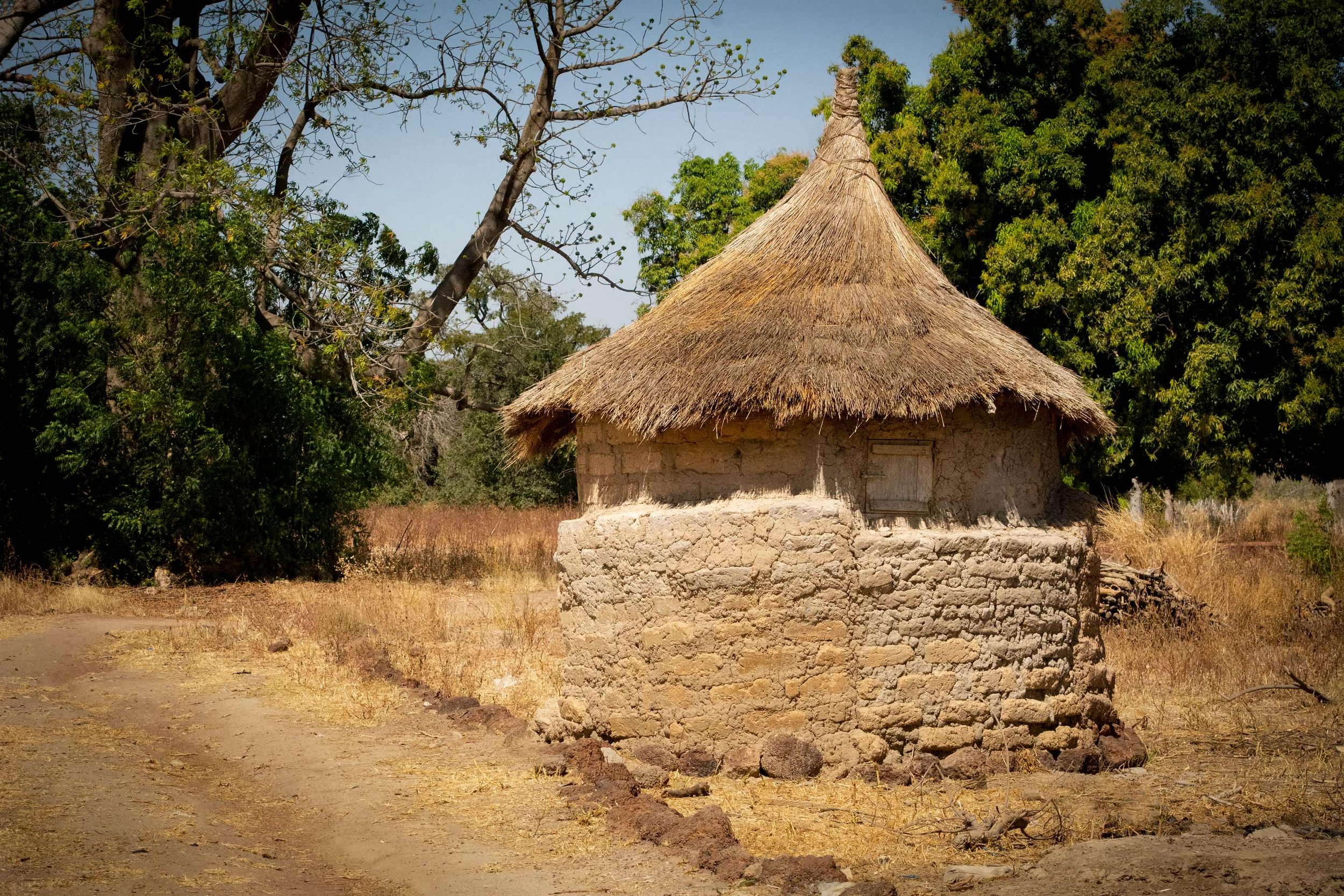
About Ouelesseboguo
Ouelessebougou is a rural commune (territory) in the Koulikoro region. It is located approximately 50 miles from the capital city of Bamako. The region covers approximately 1,118 square kilometers and includes the town of Ouelessebougou and 44 villages.
The native language of Ouelessebougou is Bamanakan, although some villagers know French phrases. Over 90% of the population is Muslim.
What’s in a Name?
The name Ouelessebougou is a combination of two Bamanankan words. “Ouelesse” is the first name of the man who founded the area, Ouelesse Samake. “Bougou” means “hamlet” or small settlement or village. It is prounounced “Wuh-less-say-boo-goo.”
Insecurity in Mali, West Africa
Mali is a dynamic country in West Africa. It has a complex history dating back centuries which includes the Malian empires, French colonial rule and post-independent state. The Malian people are proud of their country’s history and diverse cultures. It is a nation rich in heritage and tradition.
Since the 2012 coup d’etat, Mali’s precarious humanitarian situation has been aggravated by political instablity, mass displacement and latent food insecurity. High population growths and climate change pose major risks. Recurring droughts plague the country with food shortages causing illness and death. Conflict in northern Mali has displaced more than 560,000 people countrywide — triple the amount from 2019.
The challenges of the last decade have caused great hardship on the people of Mali. Widespread poverty persists especially in the rural areas like Ouelessebougou. Nearly 48% of Malians live below the extreme poverty line. Now the COVID-19 pandemic has added to the strain on the nation’s poor healthcare system, education and economy.
Despite all of this, Malians are hopeful for a stronger and more stable future. Our village partners feel strongly about contributing to their development projects. They are resilient and work hard to achieve their goals for self-reliance.
Why did our founders create Ouelessebougou Alliance?
In the mid-1980’s, famine in Africa drew the world’s attention to the continent. The Sahel region from West Africa to Ethiopia was ravaged by drought causing severe food shortages, sickness, starvation and death. Mali was considered one of the poorest countries in the world, but received much less international assistance than others in the region.
A group of community leaders from the Community Services Council were concerned and determined to find a way that Utahans could provide relief. Through their partnership with Africare in Washington D.C., they traveled to Mali to identify the area of greatest need. The rural region of Ouelessebougou was selected as a partner not only because of its dire circumstances but also because it had the greatest potential for long-term sustainable impact.
When Utahans first visited Ouelessebougou, women in most villages walked several miles daily for water, a journey that was often unsafe. Because drought made it impossible to grow a variety of vegetables, many villages existed solely on a diet of millet. There was minimal health care and no access to western medicine — many children died from such simple causes of dysentery, measles and pneumonia.
Our founders visited seven communities in Mali and decided to set up the Alliance’s headquarters in the town of Ouelessebougou. This is a central location for the many villages we work in and is a place where Malians were interested in creating a genuine, lasting partnership with the Alliance.
Over thirty five years have passed since the first group from Utah traveled to Ouelessebougou to begin a long-term partnership between the two communities. This partnership has not only brought life-changing opportunities to the rural villagers in Mali, but has also had a profound impact on the many Utahans who have reached out to assist with those opportunities.





